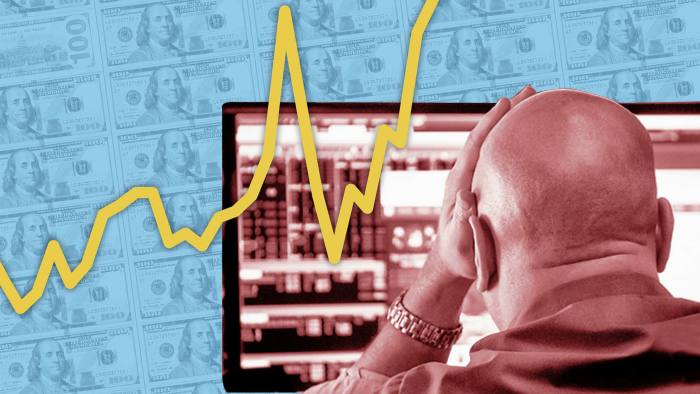End of Libor stirs anger on Wall Street
JOHN DIZARD , 24 April 2021
 Ending the use of dollar Libor, the scandal-tinged benchmark bank funding rate, was always going to be problematic. Some Libor traders went to jail for collusion and self-enrichment. The Fed and its fellow regulators put together a public-private committee on Libor replacement big enough to swamp a ferry boat.
Ending the use of dollar Libor, the scandal-tinged benchmark bank funding rate, was always going to be problematic. Some Libor traders went to jail for collusion and self-enrichment. The Fed and its fellow regulators put together a public-private committee on Libor replacement big enough to swamp a ferry boat.
That hasn’t entirely worked. The use of Libor as a base rate for funding costs is bigger than ever — around $225tn of derivatives, consumer loans, corporate loans and cash investments. Nevertheless, the use of Libor is supposed to end, mostly, on December 31 for some Libor rates and by mid-2023 for those remaining.
The process of finding practical ways to replace it have led to increasingly audible shouting and blame trading between the major dealing banks and the Fed, along with the central bank’s entourage of agencies, academics, policy wonks and whisperers. Continue reading “Article: End of Libor stirs anger on Wall Street”

 Financial industry pioneer Richard Sandor is ramping up his efforts to compete in the race to replace the London interbank offered rate, which helps set borrowing costs on everything from mortgages to business loans.
Financial industry pioneer Richard Sandor is ramping up his efforts to compete in the race to replace the London interbank offered rate, which helps set borrowing costs on everything from mortgages to business loans.